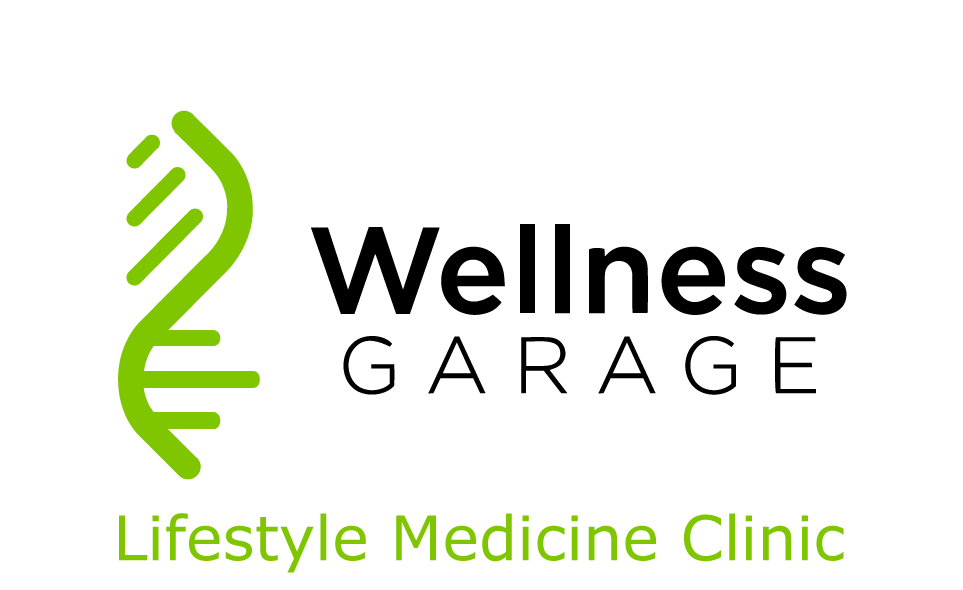|
That which does not kill us makes us stronger - (Friedrich Nietzsche) ...provided we get enough recovery - (Wellness Garage) When we hear the term stress, we think of the harm it does. And in fact, chronic stress plays a central role in the development and progression of chronic disease and ill health. Yet stress provides the signal to adapt to life’s challenges, increasing our fitness and allowing us to thrive. This is the double-edge of of stress, the paradox that it can both protect and damage. Balancing our stress with adequate recovery tilts the balance in favour of resilience and good health. Stress is a response to perceived threats or challenges from our environment. We perceive that the stressor will harm us, and our brains mobilize a response to protect us. When we perceive a threat, our bodies respond by:
From an evolutionary perspective, these challenges tended to be life-threatening hence the term “fight, flight or freeze.” In the modern world, stressors are often more psychological than physical, are more frequent and last longer. This evolutionary mismatch between our biology and our current environment is why chronic stress has become epidemic and is responsible for many symptoms and illnesses that we see in practice today. The magnitude of our stress response always depends on our perception, which can be both instinctual and a conditioned response to previous experiences. Beyond this immediate perception of threat, many other life factors determine our response:
It is this net perception of stress which determines the extent of our physiological response. The amygdala, deep in the temporal lobes of our brain, integrates our perception of the stressor and triggers our physiological response by signalling our hypothalamus. In turn, the hypothalamus triggers the sympathetic nervous system, which then activates the inner part of the adrenal gland to release adrenaline resulting in:
We feel this combination of physiological effects as an ‘adrenaline rush’. The hypothalamus also releases the hormone CRH, which activates the pituitary gland to secrete adrenocorticotropic hormone (ACTH) that stimulates the adrenal gland’s outer part to produce cortisol. Cortisol enables the body to maintain steady supplies of blood sugar for more prolonged stress. Adequate and steady blood sugar levels help us cope with prolonged stressors and help the body to return to normal. Cortisol does this by:
Prolonged psychological stress drives the same response; however, the mobilization of energy has little purpose. Without activity, most of this mobilized energy turns into visceral fat - the metabolically unfavourable fat associated with insulin resistance. This phenomenon explains the belly fat accumulated in stressed-out executives and explains how stress can lead to metabolic dysfunction and Type II Diabetes. Recovery When the stressor passes, our bodies initiate a recovery response, activating the parasympathetic nervous system and turning off the production of adrenaline and cortisol. With full recovery, our bodies make adjustments and adaptations that can make us stronger. This whole process is called allostasis - the ability to achieve stability through change. How things go wrong When these acute responses are overused or inefficiently managed, instead of adaptation, allostatic overload results. There are four patterns to the accumulation of allostatic overload: 1. Repeated "hits" from multiple novel stressors 2. Lack of adaptation to a single repetitive stressor 3. Prolonged stress without recovery 4. An inadequate stress response that leads to compensatory hyperactivity of other systems - especially the inflammatory pathway With this understanding of the underlying physiology, it becomes clear that four factors determine our responses to potential stressors:
Developing strategies that address these four factors can decrease the stress response and improve recovery:
The next five posts will detail these strategies and pull them all together as a healthy, lifestyle approach to improving stress tolerance. |
AuthorDr. Brendan Byrne Categories
All
|

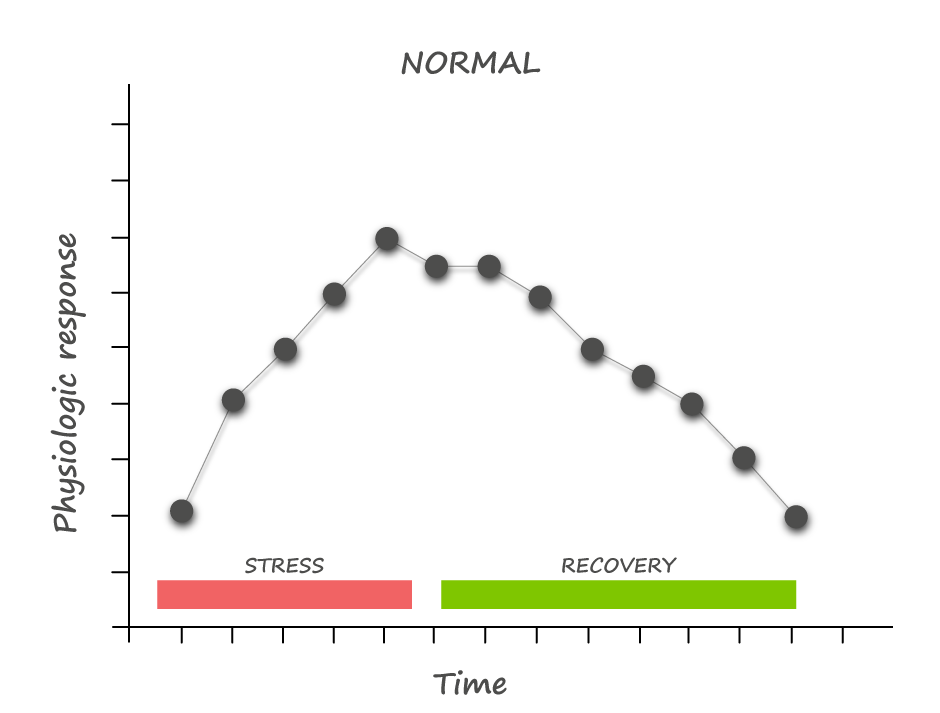
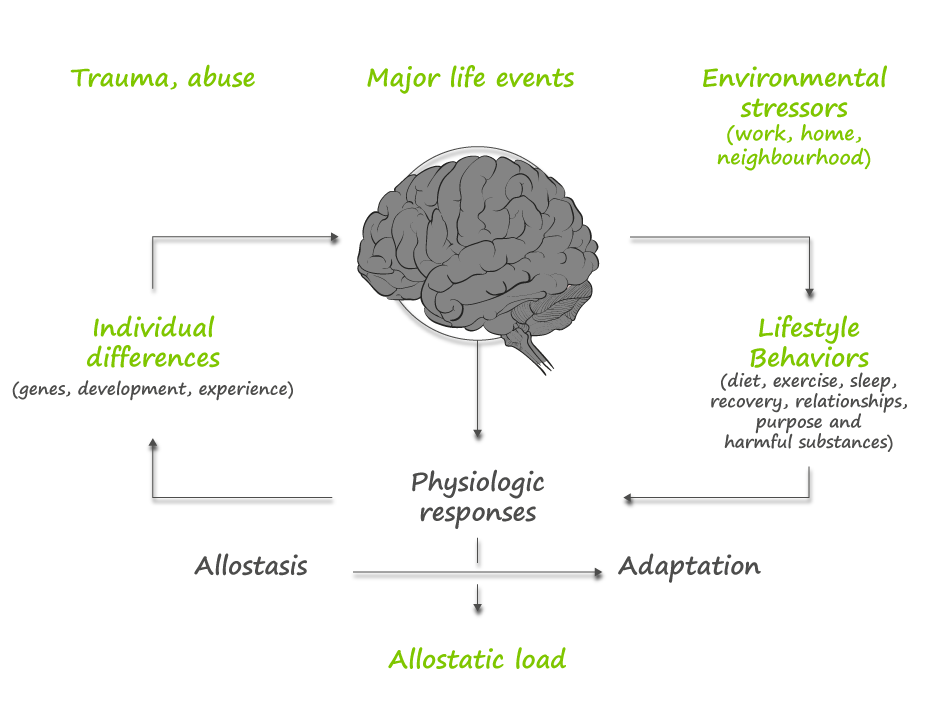
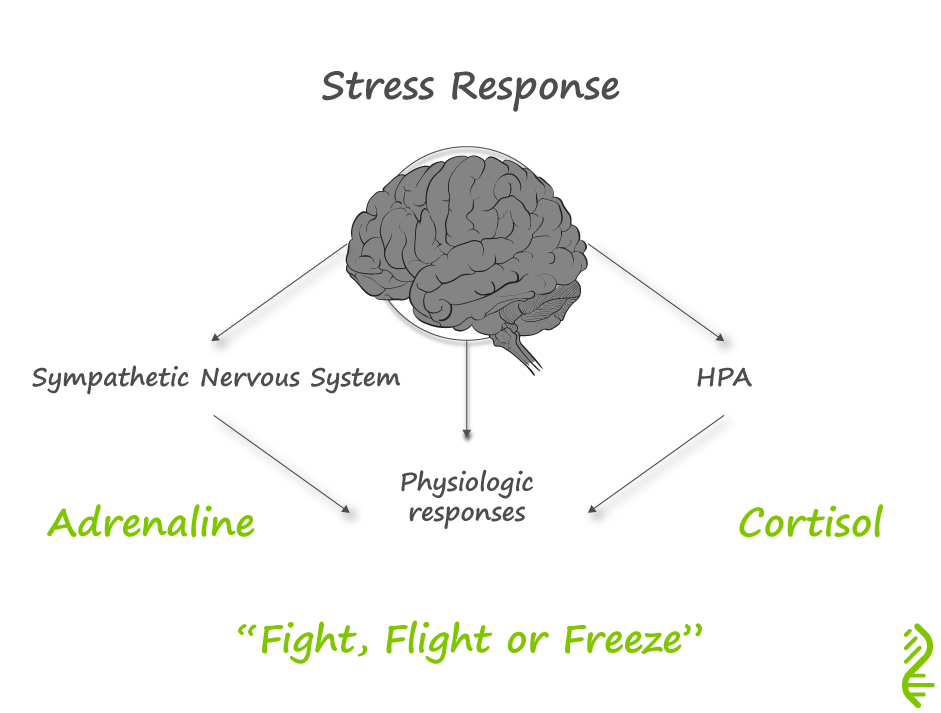
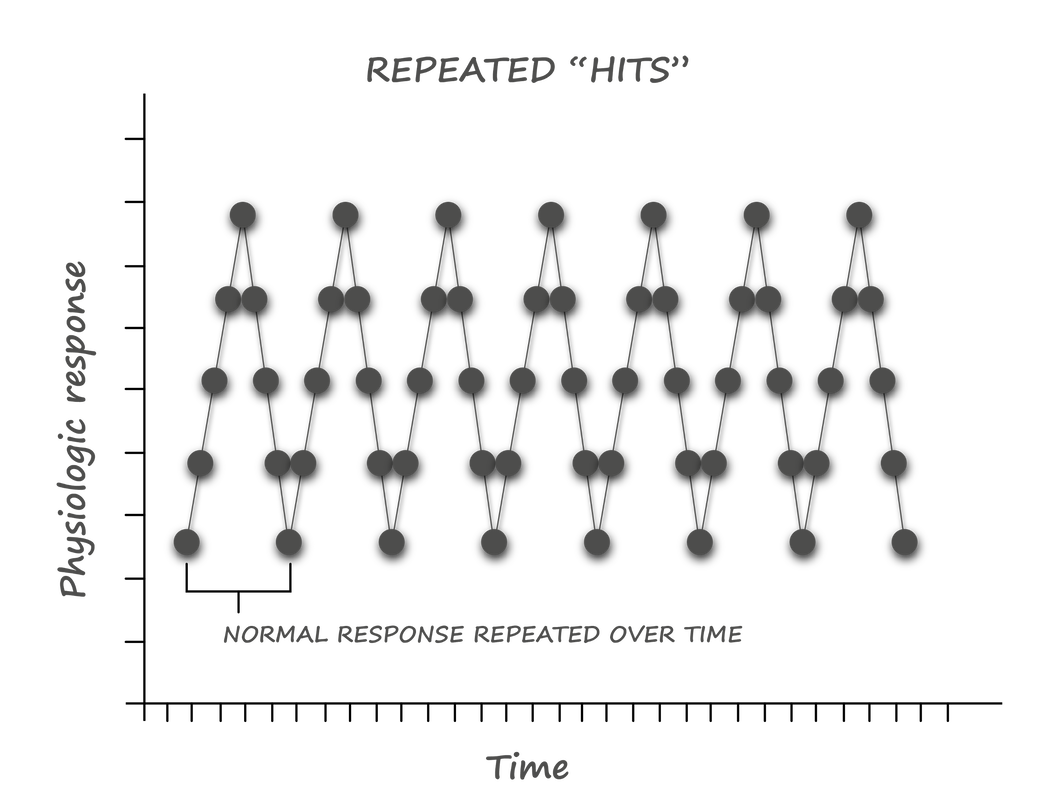
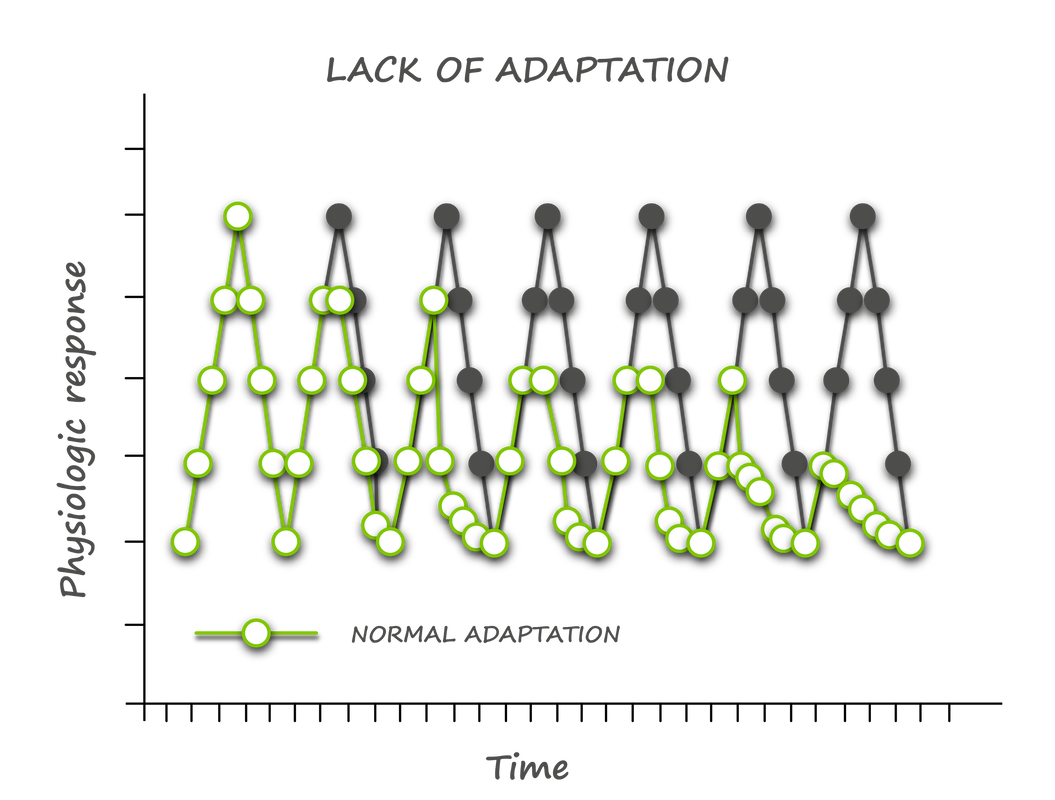
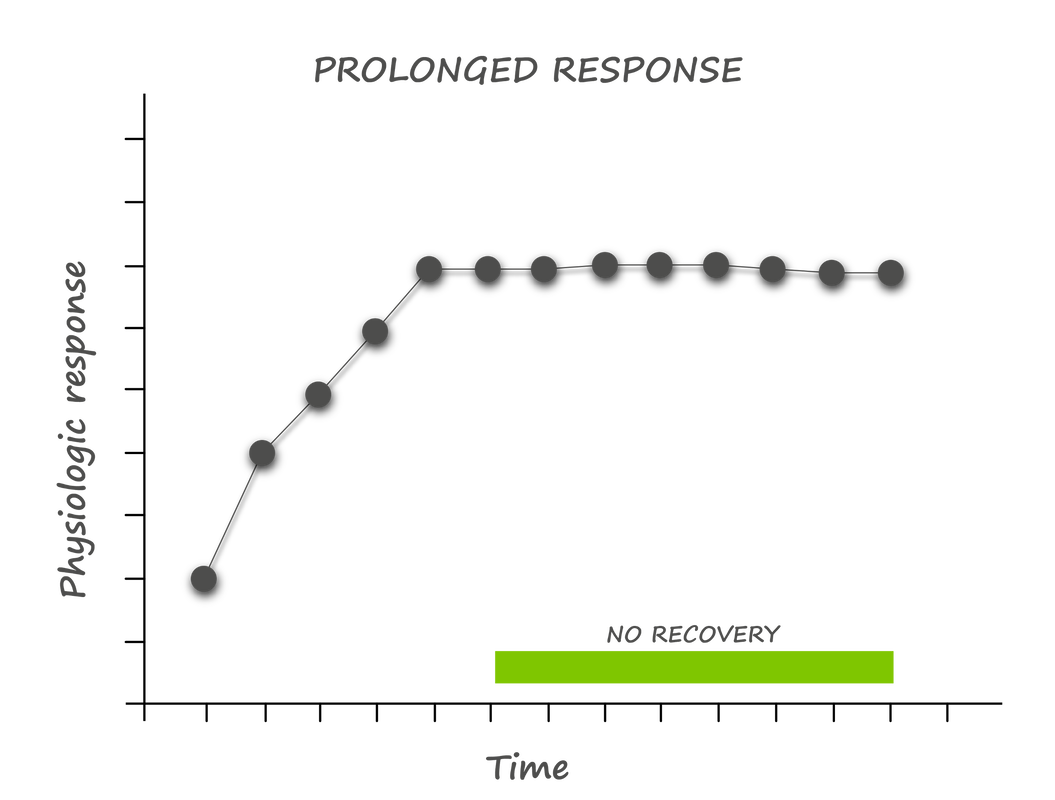
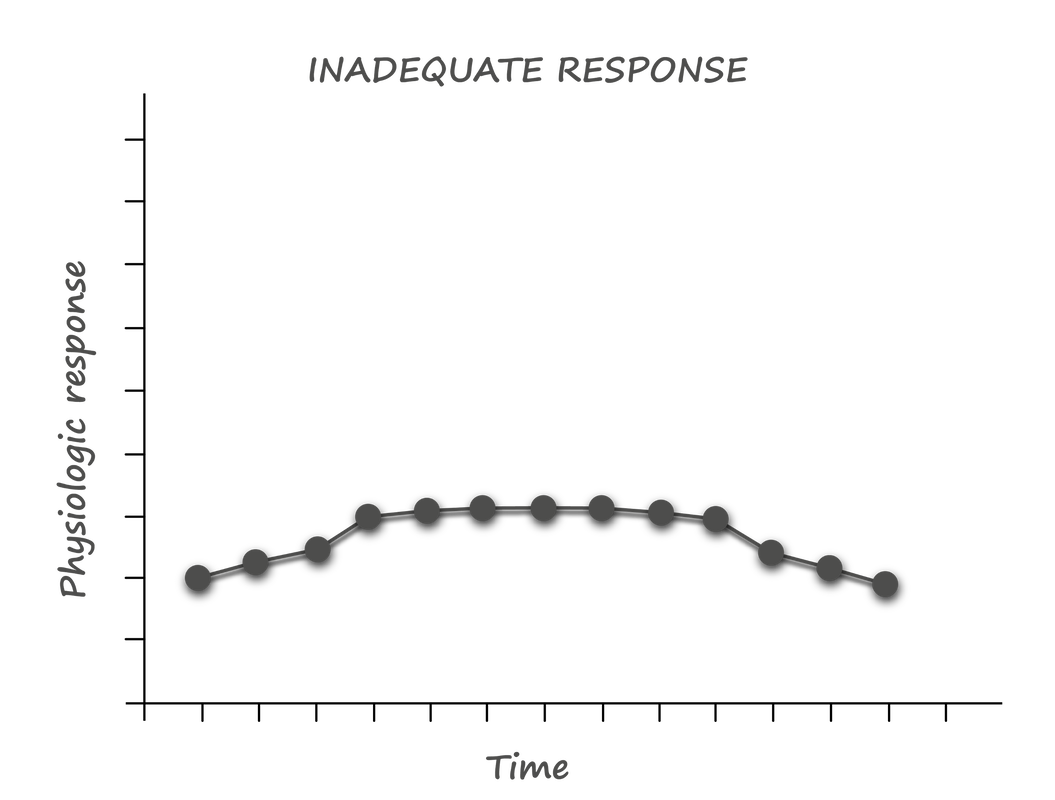
 RSS Feed
RSS Feed
